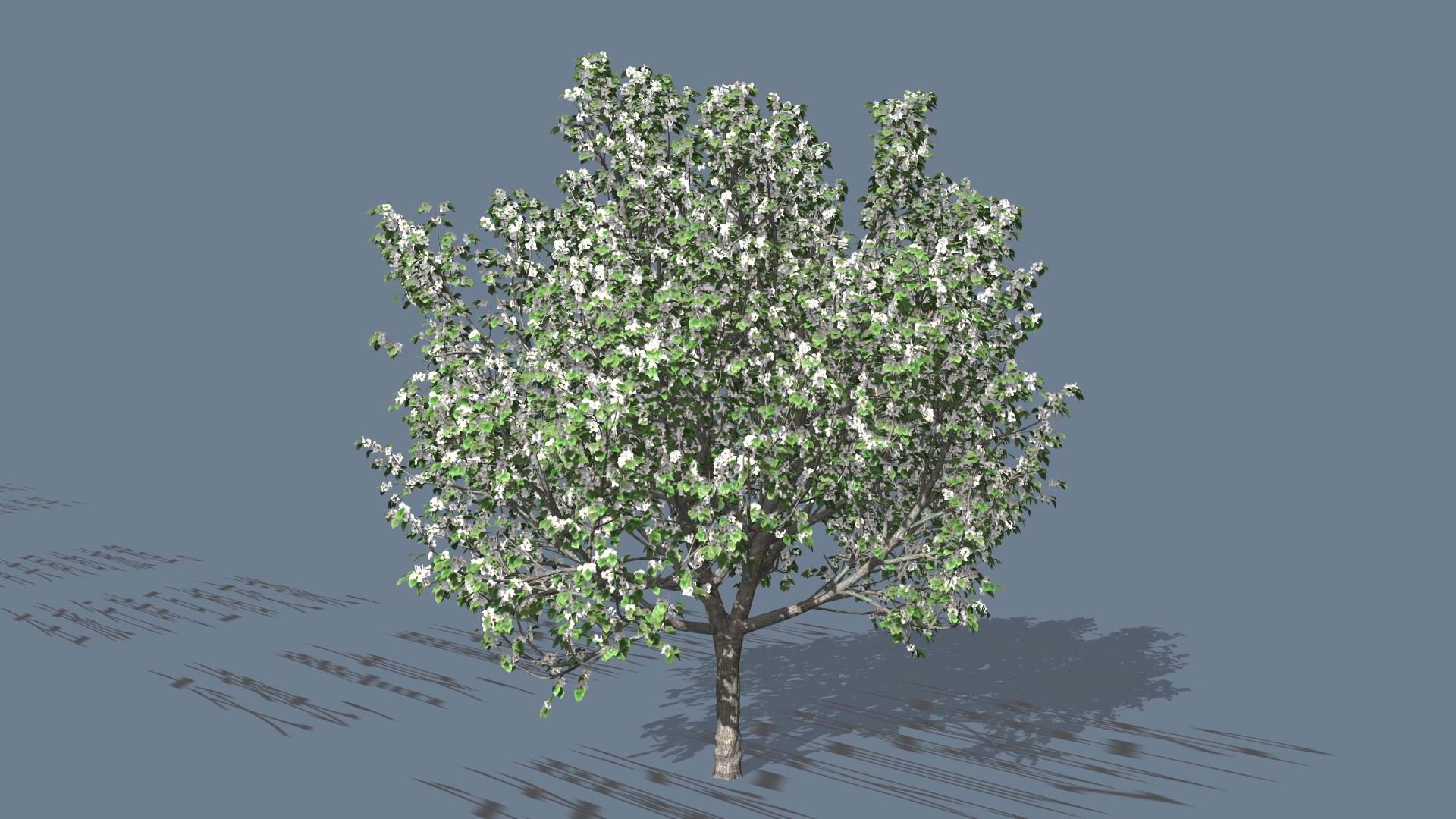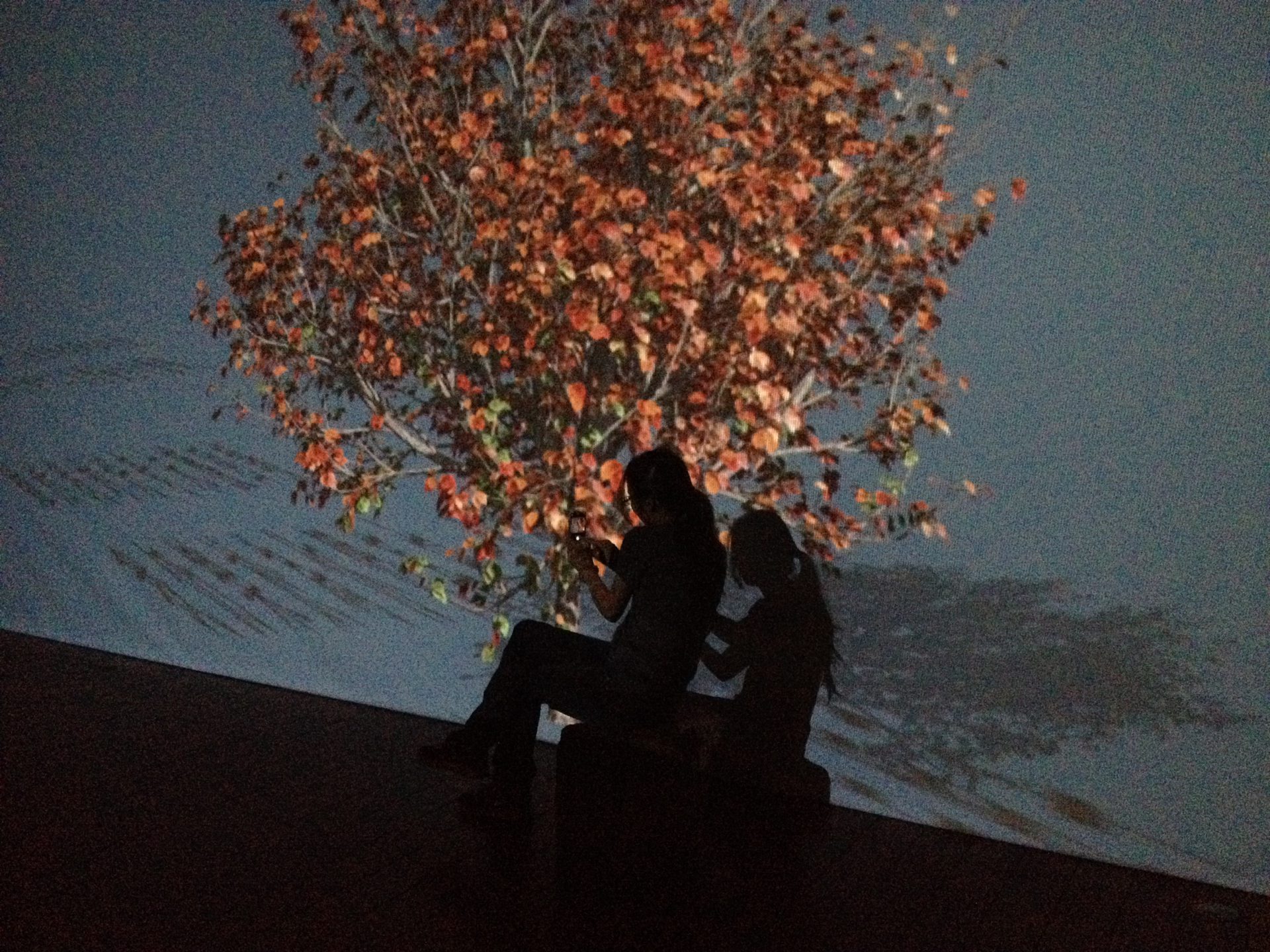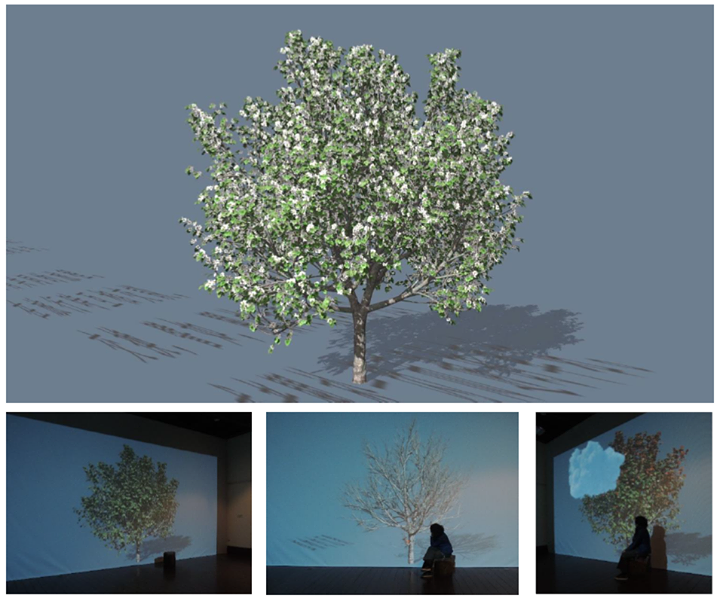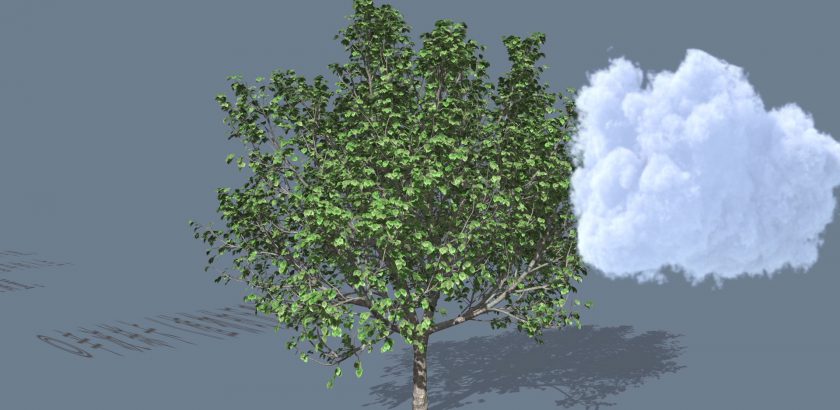本作品文字取自1996年諾貝爾文學獎得主,波蘭詩人 維斯拉瓦•辛波絲卡(Wislawa Szymborska)的詩作:”MILCZENIE ROŚLIN”《植物的沉默》,由陳黎、張芬齡所譯之中文版本。這些詩句透露著詩人對著植物所進行的獨白,沉默的植物們卻永遠不予回應。依作者的詮釋,詩人以植物象徵並隱喻著多數的沉默大眾,對於急切的社會改革者與運動的種種訴求,就彷彿詩人與植物之間的獨白。詩作的結語更令人惆悵:「我對你們說的一切只是獨白,你們都沒有聽見。和你們的交談雖必要卻不可能。如此急切,在我倉卒的人生,卻永遠被擱置。」或許,也能隱喻創作者面臨到如何透過作品與觀眾進行溝通時,類似的獨白處境。
The text of this work is quoted from a poem “MILCZENIE ROŚLIN”(The silence of plants) which written by Polish poet Szymborska (Wislawa Szymborska) who is the Nobel Prize winner for literature in 1996. This Chinese version was translated by Chen Li and Chang Fen Ling. These verses reveal a monologue between the poet and the plants, however the silent plants will never respond. According to the artist’s interpretation of this poem, she considers the silent plants as a metaphor of the silent majority, and the urgent calls of demands from social movements reformers as if monologue between the poet and the plants. The last paragraph of the poem is even more melancholy: “…everything I say to you is a monologue, and it is not you who’s listening. A conversation with you is necessary and impossible, urgent in a hurried life and postponed for never.” In addition, maybe this is a metaphor similar to the monologue between the artist and the audience.
《植物的沉默》辛波絲卡 ◎陳黎‧張芬齡 譯
一種單向的關係在你們和我之間
進展得還算順利。
我知道葉子,花瓣,核仁,毬果和莖幹為何物,
也知道你們在四月和十二月會發生什麼事。
雖然我的好奇未獲回報,
我仍樂於為你們其中一些彎腰屈身,
為另外一些伸長脖子。
我這裡有你們的名字: 楓樹,牛蒡,地錢, 石楠,杜松,槲寄生,勿忘我;
而你們誰也不知道我的名字。
我們有共同的旅程。
在旅行時互相交談,交換,譬如,
關於天氣的意見,或者關於一閃而過的車站。
因為關係密切,我們不乏話題。
同一顆星球讓我們近在咫尺。
我們依同樣的定律投落影子。
我們都試著以自己的方式了解一些東西,
即便我們不了解處,也有幾分相似。
儘管問吧,我會盡可能說明:
我的眼睛看到了什麼?
我的心為什麼會跳動?
我的身體怎麼沒有生根?
但要如何回答沒有提出的問題,
尤其當答問者對你們而言
是如此的微不足道?
矮樹林,灌木叢,草地,燈心草……
我對你們說的一切只是獨白,
你們都沒有聽見。
和你們的交談雖必要卻不可能。
如此急切,
在我倉卒的人生,
卻永遠被擱置。
《The Silence of Plants》 Wislawa Szymborska
Translated by Joanna Trzeciak
A one-sided relationship is developing quite well between you and me.
I know what a leaf, petal, kernel, cone, and stem are,
and I know what happens to you in April and December.
Though my curiosity is unrequited,
I gladly stoop for some of you, and for others I crane my neck.
I have names for you:maple, burdock, liverwort,eather, juniper, mistletoe,
and forget-me-not;but you have none for me.
After all, we share a common journey.When traveling together,
it’s normal to talk,exchanging remarks, say, about the weather,
or about the stations flashing past.
We wouldn’t run out of topics for so much connects us.
The same star keeps us in reach.
We cast shadows according to the same laws.
Both of us at least try to know something,
each in our own way,and even in what we don’t know there lies a resemblance.
Just ask and I will explain as best I can:
what it is to see through my eyes,
why my heart beats,
and how come my body is unrooted.
But how does someone answer questions which have never been posed,
and when, on top of thatthe one who would answer is such an utter nobody to you?
Undergrowth, shrubbery, meadows, and rushes…
everything I say to you is a monologue,
and it is not you who’s listening.
A conversation with you is necessary and impossible,
urgent in a hurried lifeand postponed for never.
中譯:辛波絲卡(Wislawa Szymborska),〈植物的沉默〉,《辛波絲卡詩集》,陳黎、張芬齡 譯,台北:寶瓶文化,2011。英譯:http://www.poemhunter.com/poem/the-silence-of-plants/




